Potato nutritional value per 100g: Potatoes are the main meal in many diets worldwide. They are versatile, economical & can be prepared in many ways. However, when it comes to understanding their nutritional value, there can be very confusing and wrong information. In this blog, we will explore the nutritional value of potatoes per 100 grams, focusing specifically on mashed potatoes and how different cooking methods can affect their nutritional profile.
Problem
Many people enjoy potatoes, but they don’t fully understand their nutritional value. Some people believe that potatoes are unhealthy or are only filled with carbohydrates, while other preparation methods may be unaware of the difference in nutritional content. Lack of understanding can cause poor dietary options or potatoes to avoid, which could potentially deprive them of their benefits.
Must read: Most Effective Way Of Increasing Height
Stimulation
Consider this scenario: You’re planning food and want to include a nutritious side dish. Potatoes come to mind, but you’re unsure whether they’re compatible with your diet goals. Are mashed potatoes a healthy option? What about cooked or boiled potatoes? This confusion can cause frustration, especially when trying to maintain a balanced diet. This uncertainty can motivate you to completely leave them, despite the potential benefits of potatoes.
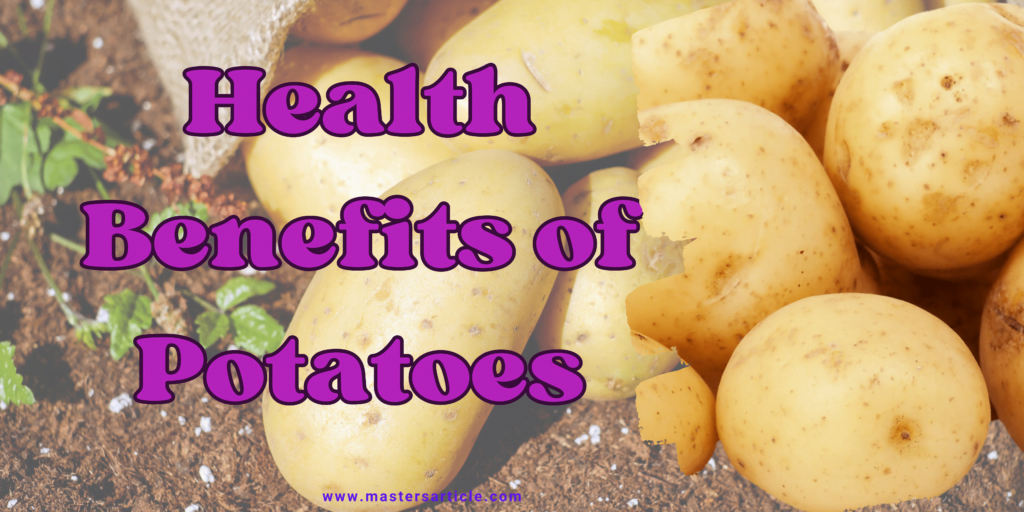
Solution
Let’s divide the nutritional value of 100 grams per potato focusing on different preparations such as mashed, baked & boiled potatoes. By understanding nutritional information for potatoes, you can make informed decisions aligned with your health goals.
Nutrition value per 100 grams of potatoes
- Calorie: Potato calories are relatively low. 100 grams of boiled or baked potatoes contain about 77 calories. The calorie volume may vary slightly depending on the preparation, but potatoes generally promote medium energy.
- Carbohydrate: Potato is a good source of carbohydrates, providing about 17 grams per 100 grams of servings. These carbs mainly come from starch, making potatoes a good source of energy.
- Protein: Potatoes are not an important source of protein, but 100 grams of potatoes contain about 2 grams of protein. This makes them a minor contributor to daily protein intake, especially when combined with other protein-containing foods.
- Fat: Potatoes naturally decrease fat, by less than 0.1 g per 100 g. However, this can change to a considerable extent depending on the methods of preparation, such as frying or pouring butter and cream in the mashed potatoes.
- Fiber: A dose of 100 grams of potato contains about 2.2 grams of dietary fiber, which is important for digestive health. Potato is eaten with or without peeling, depending on this the amount of fiber can vary slightly.
- Vitamins and minerals: Potatoes are a good source of numerous essential vitamins and minerals. They are particularly rich in vitamin C, providing about 19.7 mg per 100 grams, which is about 22% of the daily recommended intake. Potassium (about 425 mg per 100 g), also small amounts of vitamins and other vitamins and minerals such as vitamin B6 & iron & magnesium.
Nutrition value of mashed potatoes
Mashed potatoes are a popular dish, but their nutritional profiles depend on how they are made. Take a look at the nutritional information for mashed potatoes here:
- Calorie: mashed potatoes made of milk and butter contain about 88 calories per 100 grams. If more butter or cream is mixed, this number can increase significantly.
- Carbohydrates: Like boiled potatoes, mashed potatoes contain about 17 grams of carbohydrates per 100 grams. However, the glycemic index may be higher in mashed potatoes due to starch breakdown while mashing.
- Protein: Protein content remains the same at about 2 grams per 100 grams. mashed potatoes can have a lot of fat content. Basic mashed potatoes with a small amount of milk and butter can contain about 3 grams of fat per 100 grams, but it can increase if mixed more.
- Fiber: mashed potatoes may have a little lower fiber content, especially if the peel isn’t included. Expect about 1.5 grams of fiber per 100 grams of serving.
- Vitamins and minerals: Vitamins and minerals volume may be similar to boiled potatoes, although vitamin C may decrease slightly due to the process of cooking and mashing.
Nutritional information for other preparations of potatoes
Baked potatoes: 100 grams of baked potatoes contain about 93 calories, 21 grams of carbohydrate, 2.5 grams of protein & less than 0.2 grams of fat. Cooked potatoes retain most of their nutrients, especially if eaten with peeling, which is rich in fiber and potassium.
Leaked potatoes: fried potatoes, such as French fries or potato chips, contain much more calories and fat content. 100 grams of serving can contain 300 calories and 15 grams of fat, depending on the cooking oil used. In fried potatoes, the density of nutrients decreases considerably.
Boiled potatoes: Similar to baked potatoes, boiled potatoes retain a good amount of their nutrients. A 100g serving has around 77 calories, 17g of carbohydrates, 2g of protein, and very little fat. Boiled potatoes are a simple and nutritious option, especially when consumed with the skin.
The health benefits of potatoes
Potatoes provide several health benefits due to their nutrients:
- Potatoes with antioxidants: Potatoes contain antioxidants such as flavonoids, carotenoids & phenolic acids. These compounds help to fight free particles in the body, thereby potentially lowering the risk of chronic diseases.
- Support heart health: the amount of potassium present in potatoes can help control blood pressure, which promotes heart health. Additionally, the amount of fiber helps to lower cholesterol levels.
- Promote digestive health: dietary fiber present in potatoes, especially when eaten with peel, supports a healthy digestive system. Fiber helps prevent constipation and maintain healthy intestine microbiota.
- Promote the immune system: Vitamin C present in potatoes plays a key role in promoting the immune system. It also helps in the absorption of iron, which is important to prevent anemia.
- Promote energy: Carbohydrates present in potatoes provide a quick energy source, making them an excellent choice for those who need to increase athletes or quick energy.
Ideas and suggestions to include potatoes in your diet
- Part Control: While potatoes are nutritious, it’s important to eat them in moderation, especially if you are keeping an eye on your carbohydrate intake. Part control is important to enjoy potatoes without consuming more calories or carbs.
- Preparation methods: Select healthy preparation methods like boiling, cooking, or steam cooking. Avoid frying or excessive butter and cream insert, which can significantly increase the amount of calories and fat.
- Include peel: whenever possible, eat potatoes including peel to maximize fiber and nutrient intake. Peel contains precious nutrients such as fiber, potassium & antioxidants.
- Mix with foods rich in other nutrients: Combine potatoes with protein-contained foods such as lean meats, beans, or tofu & various types of vegetables to make balanced food.
- Be careful with additional ingredients: Be careful with additional ingredients like sour cream, cheese & gravy, which can increase the calories and fat content of potato recipes.
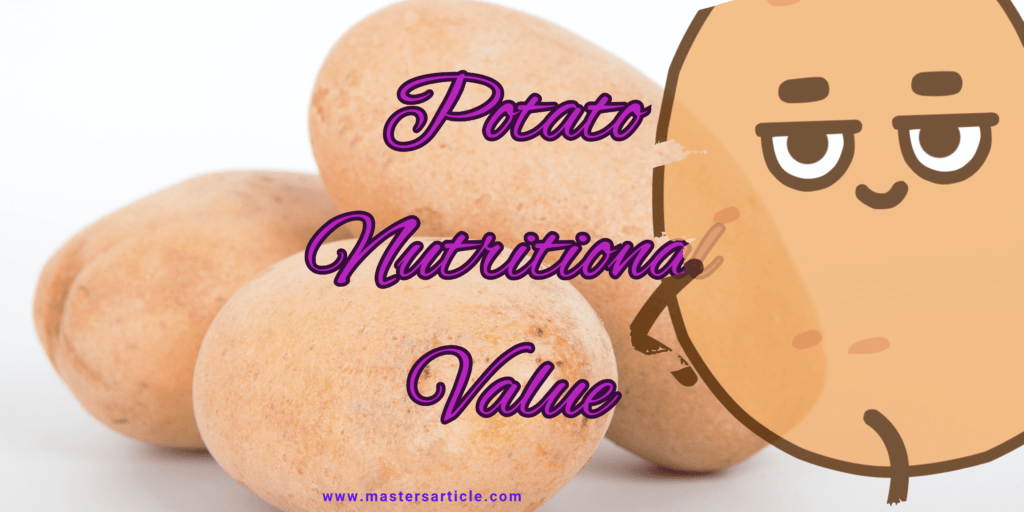
Conclusion on Potato nutritional value per 100g | Nutritional info mashed potatoes
Potato is a versatile and nutritious food that can be included in a healthy diet. Understanding the nutrition value per 100 grams and the effect of various preparation methods can help you make informed options. Whether you eat them as a muscle, bake, or boil, potatoes have many types of nutrients that support overall health. By focusing on healthy preparation methods and part control, you can enjoy the benefits of potatoes without compromising your diet goals.
You can also read: Body Weight Exercises For Lower Back
FAQ on Mashed potato nutritional value | Nutritional info for potatoes
What is the nutritional value of potatoes per 100 grams?
The nutritional value per 100 grams of potato contains about 77 calories, 17 grams of carbohydrate, 2 grams of protein & less than 0.1 grams of fat. They are also rich in vitamins and minerals like vitamin C, potassium & vitamin B6. The exact nutritional content can vary slightly depending on the type of potato and how it is prepared.
How is the nutritional value of mashed potatoes compared to the whole potato?
The nutrition profile of mashed potatoes is slightly different than that of whole potatoes. The amount of 100 grams of mashed potatoes made of milk and butter contains about 88 calories, 17 grams of carbohydrate, 2 grams of protein & about 3 grams of fat. The ingredients mixed in mashed potatoes can increase the amount of calories and fat.
What are the benefits of eating potatoes including peel?
Eating potatoes including peeling provides additional fiber and nutrients. Skin diet is a good source of fiber, which helps in digestion and helps maintain a healthy intestine. It also contains potassium, vitamin C & other antioxidants that contribute to overall health.
Are there carbohydrates higher in potatoes?
Yes, potatoes are a good source of carbohydrates, containing about 17 grams per 100 grams. Carbohydrates in potatoes mainly come from starch, which provides energy. While they are carbohydrate-containing food, the type of carbohydrate in potatoes is complex, meaning they break down more slowly in the body than simple sugars.
What effect does cooking have on the nutritional value of potatoes?
Cooking can affect the nutritional value of the potatoes, especially in the case of vitamin content. For example, boiling or mashing potatoes may cause some deficiency of Vitamin C, as it’s sensitive to heat. However, many nutrients like potassium and fiber remain retained. The way of cooking also affects the amount of calories and fat; for example, their fat content increases significantly than boiling or cooking potatoes.
What is the nutritional information of mashed potatoes without any additional ingredients?
Mashed potatoes made without butter or cream have low calories and fat. Plain mashed potatoes contain about 80 calories, 17 grams of carbohydrates, 2 grams of protein & less than 0.1 grams of fat. The absence of additional ingredients like butter or cream helps to keep calories and fat content down.
How much vitamin C does a potato have?
The amount of potatoes 100 g contains about 19.7 mg of vitamin C, which is about 22% of the recommended daily intake. Vitamin C is a necessary nutrient that supports the immune system, helps in iron absorption & serves as an antioxidant.
Is potatoes a good source of potassium?
Yes, potatoes are an excellent source of potassium. 100 grams of volume contains about 425 mg of potassium. Potassium is an important mineral that helps regulate fluid balance, muscle contraction & nerve signs. It also plays a role in maintaining healthy blood pressure levels.
What is the difference in nutrition price between boiled and baked potatoes?
Boiled and baked potatoes have the same nutritional profile, but there are a few differences. Serving 100 grams of boiled potatoes holds about 77 calories, while baked potatoes have about 93 calories. A slight increase in calories for baked potatoes is caused by a water deficiency during baking, which focuses on nutrients. Most of the vitamins and minerals are maintained in both preparation methods but can get additional fiber and nutrients when consuming baked potato skin.
How does their nutritional information change when their potato fry?
Floating potatoes, such as french fries or potato chips, increase their calories and fat content to a large extent. Serving 100 grams of fried potatoes can contain 300 calories and 15 grams of fat, depending on the type of oil used and the method of frying. Flooring also reduces the overall nutritional density of potatoes.
Are mashed potatoes considered a healthy food option?
Mashed potatoes can be a healthy choice when prepared with at least extra fat and salt. Using options like low-fat milk or broth instead of butter can reduce the amount of calories and fat. However, if large amounts of butter, cream, or cheese are mixed, mashed potatoes may have more calories and fat content. It is necessary to consider the size and ingredients of the part when incorporating mashed potatoes into a balanced diet.
How does the amount of fiber in potatoes benefit health?
Potato contains about 2.2 g of dietary fiber per 100 grams of serving, especially if eaten with peeling. Fiber is necessary for digestive health, which helps prevent constipation and maintain healthy intestines. It also contributes to the feeling of satiety, which can aid in weight management. Additionally, fiber can help lower cholesterol levels and stabilise blood sugar levels.
You can also read:
What is the difference between weight loss and fat loss?
How Can You Use ChatGPT to Make Money Online
Which is the best Software Engineer or Full Stack Developer?
The Future of Blogging After ChatGPT: Will AI Kill Blogging?

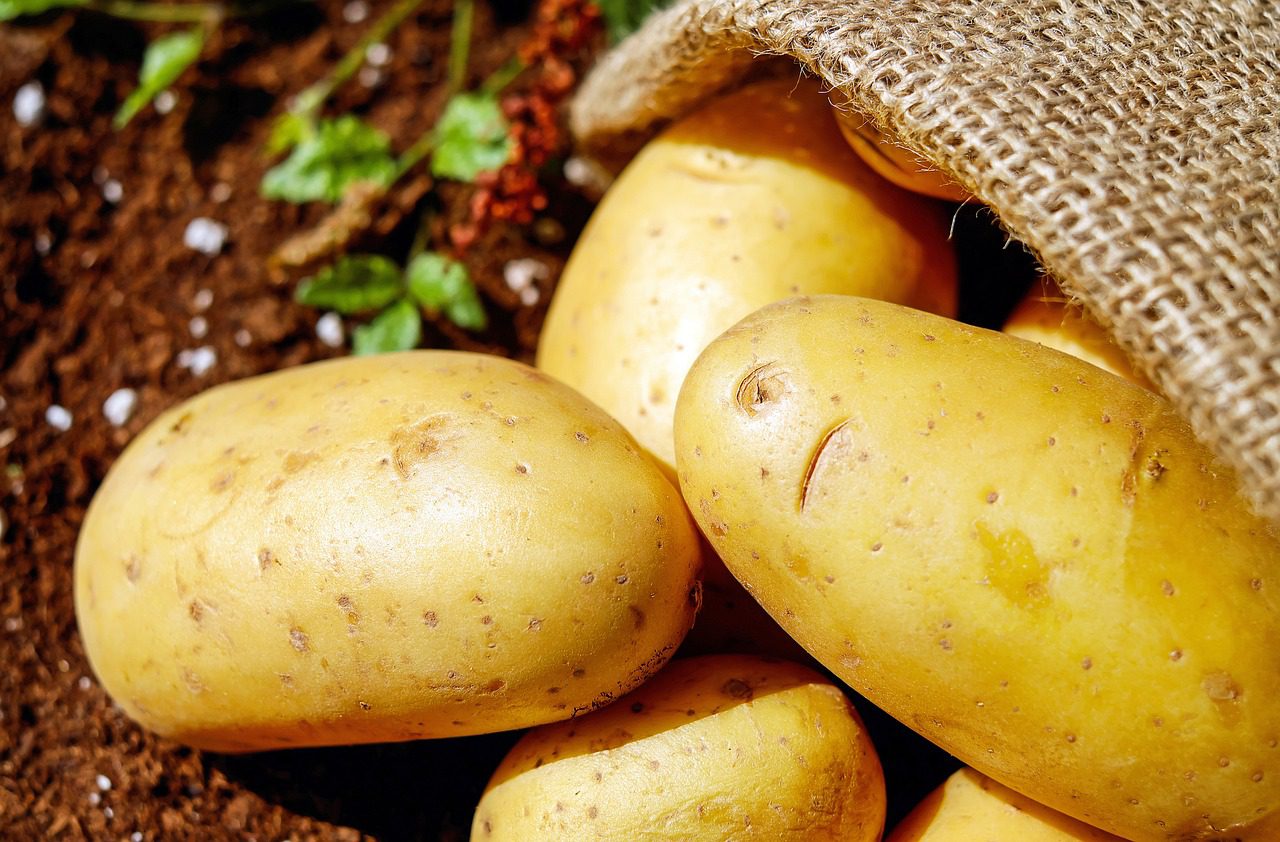
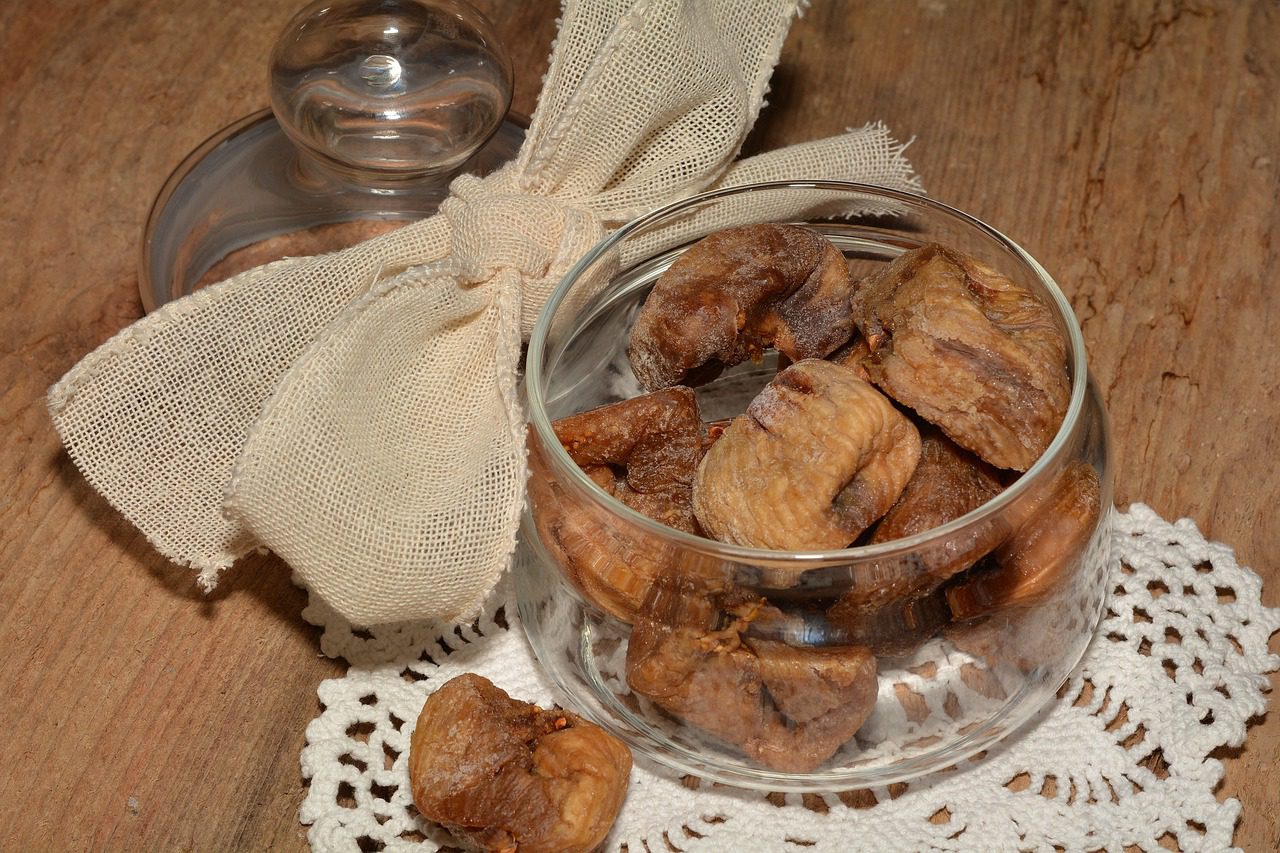
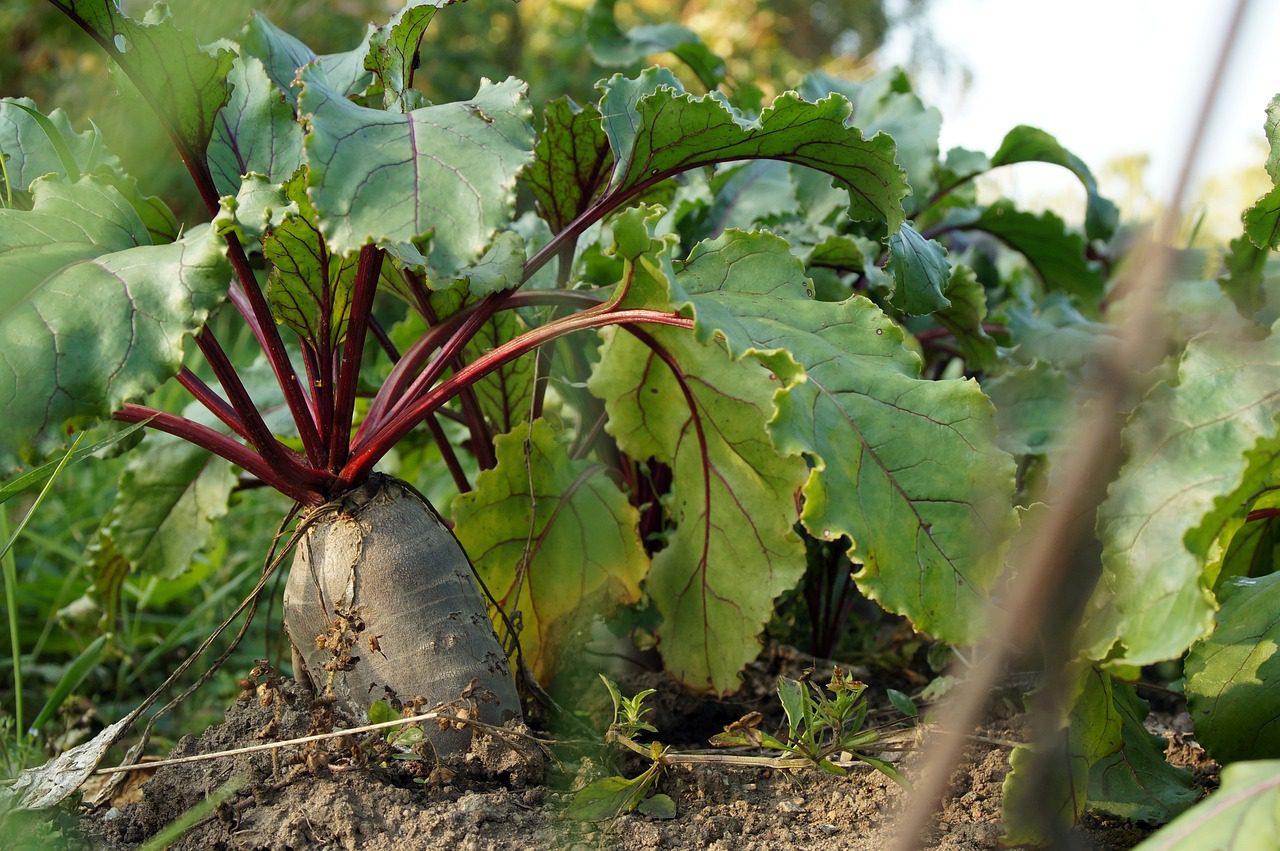
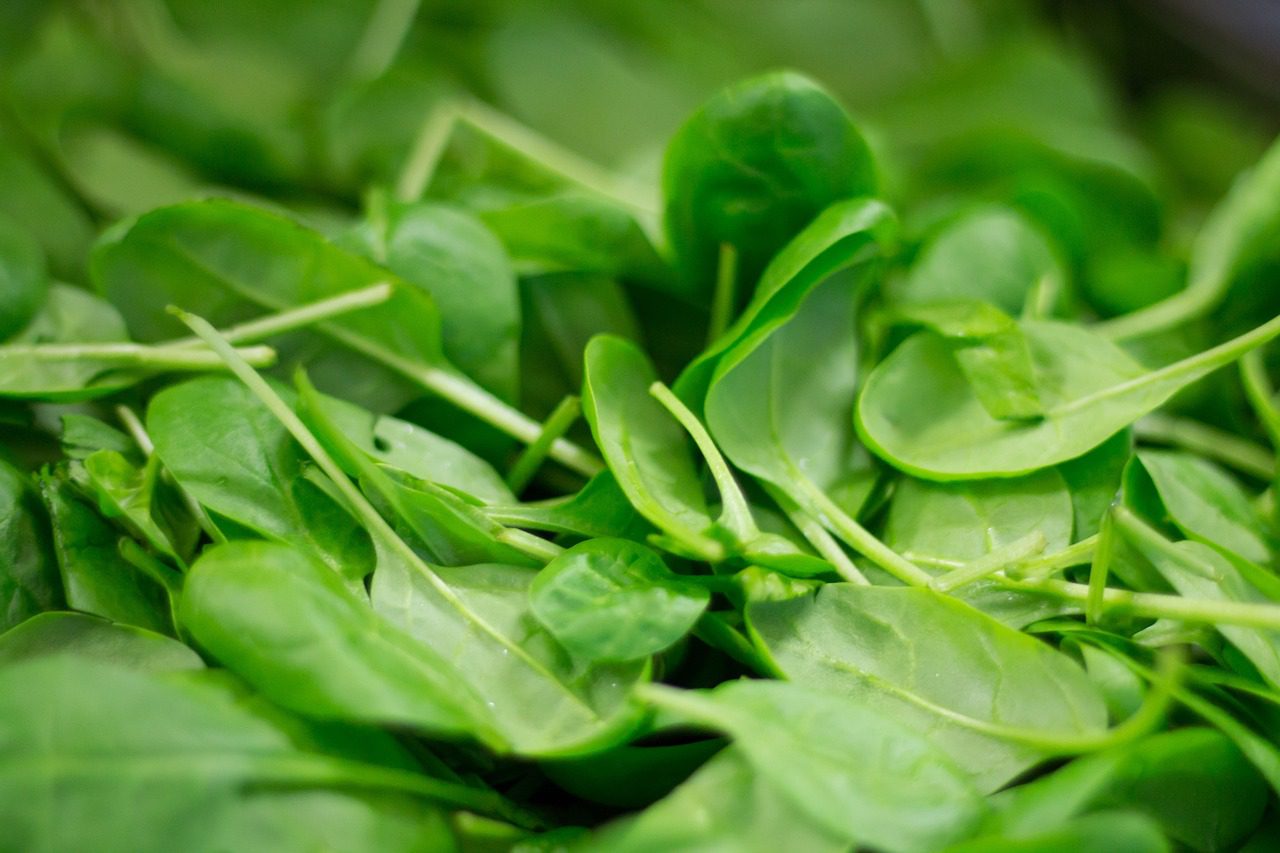


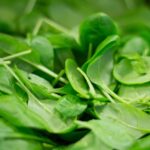
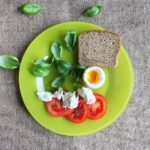

Leave a Reply